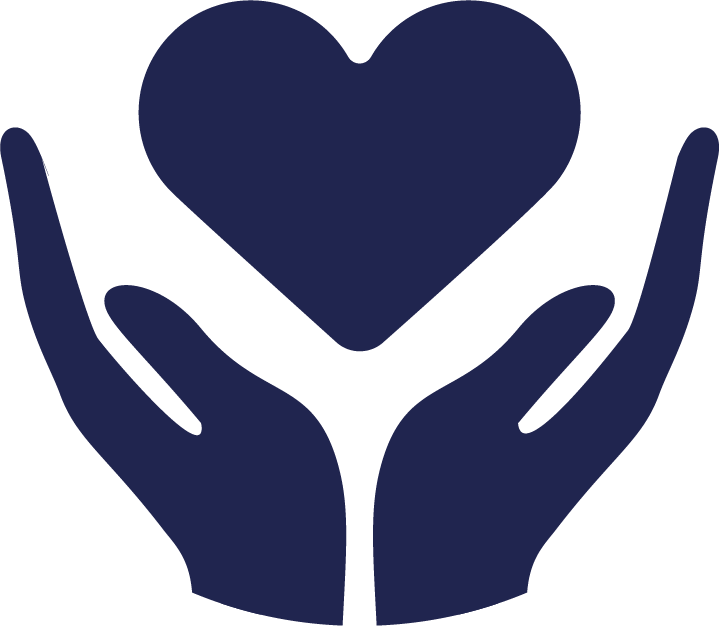In 2020, Aledade and the Community Health Center Association of Mississippi (CHCAMS) launched a collaborative effort to serve the Medicaid population through Aledade’s primary care-centered accountable care organizations (ACOs).
This collaborative effort with Mississippi’s community health centers (CHCs) yielded incredible results with an increase of 106 percent in primary care visits from 2019 – despite the COVID-19 pandemic.
So How Did They Do It?
According to Evelyn Cayson, Aledade Executive Director in Mississippi, “CHCs are community pillars. At Aledade, we are focused on increasing access to preventive care. We want patients to have proactive treatment as opposed to only accessing their healthcare provider when urgent problems arise.”
The dramatic increase in primary care visits was no accident; it was the result of a comprehensive patient outreach campaign that involved:
- Outreach specialists
- Geographic hotspotting
- Health events
- Marketing
Outreach Specialists – Who Are They and What Do They Do?
As part of this effort, Aledade funded, trained and supported 20 outreach specialists across 12 participating CHCs. Sidrah Nazar, Performance Specialist for Performance at Aledade, led the hiring and training of these staff.
“Finding staff during the pandemic was tough, but with determination and consistency, we were able to pull together a team to support our partner CHCs. We wanted our member practices to feel they are not alone during this difficult time, and Aledade is here to help.”
These staff were primarily responsible for contacting and scheduling visits for patients who had not yet been seen by their primary care provider (PCP). Nazar also facilitated bimonthly calls among the participating CHCs in which best practices were shared and later implemented.
One of those best practices involved bringing together family units for group appointments using phone numbers and address-matching data. By doing this, the burden of families making multiple visits was alleviated.
Geo-hotspotting and Community Health Events – Better Together
By using available data, business intelligence analysts were able to create a filtered map showing clusters of patients who had not yet had PCP visits.
Ann Jensen, Senior Analyst for Performance at Aledade, used the map to later recommend where CHC mobile medical units should go to reach patients. “This data really allowed us to make targeted decisions about where these mobile medical units were most needed.”
CHCs used geo-hotspotting data to plan a mammogram event and wellness visit event, which were held at a grocery store parking lot and apartment complex. Both locations were identified by Aledade’s hotspotting analysis, she explained.
In areas where events were planned, Aledade texted eligible patients within a nearby radius in the days leading up to and the day of the event and provided promotional and marketing support by designing and printing flyers and posting on social media.
Get the Word Out: Posters and Postcards and Texts, Oh My!
Strategic marketing tactics were employed to encourage the maximum number of people to schedule their PCP visit and attend wellness events in the community. Using outreach lists and making phone calls, outreach specialists were able to make contact with more than 13,000 patients and notify them of gaps in their care.
Christine Dang-Vu, Vice President of the Payer Network at Aledade, explained, "We ran into challenges with patient outreach because we often did not have the correct phone number for patients. We utilized every phone number available to us, and we also expanded access to care through mobile units and community events to reach patients where they live, work, and play."
Across 38 schools, flyers were placed in over 30,000 kids' backpacks encouraging parents to schedule appointments for their children at school-based clinics. These flyers also included information about video and telephonic visits in the event that the school was closed because of COVID-19.
Posters were placed and more than 20,000 postcards were distributed in underserved areas. Over 8,400 text messages were sent encouraging patients who had not yet seen their primary care doctor to schedule an appointment.
There Is Still Work To Be Done
Each of these components played a vital role in the success achieved, and that success would not have been possible without these efforts, said Cayson.
Looking ahead, she says, “We are not yet finished meeting patients where they are, and we will continue working towards that goal. We are currently replicating these efforts for our 2021 performance year. With the COVID Delta variant now running through our communities, the need to reach patients is even greater. Whether it's to remind the patient about the value of preventive medicine or offer sound advice on vaccinations, primary care plays a critical role in continued health."



